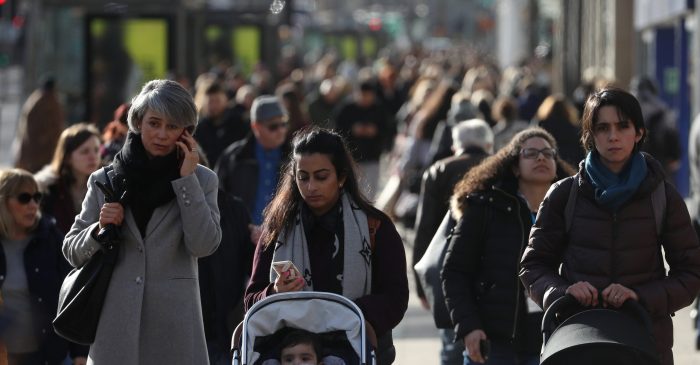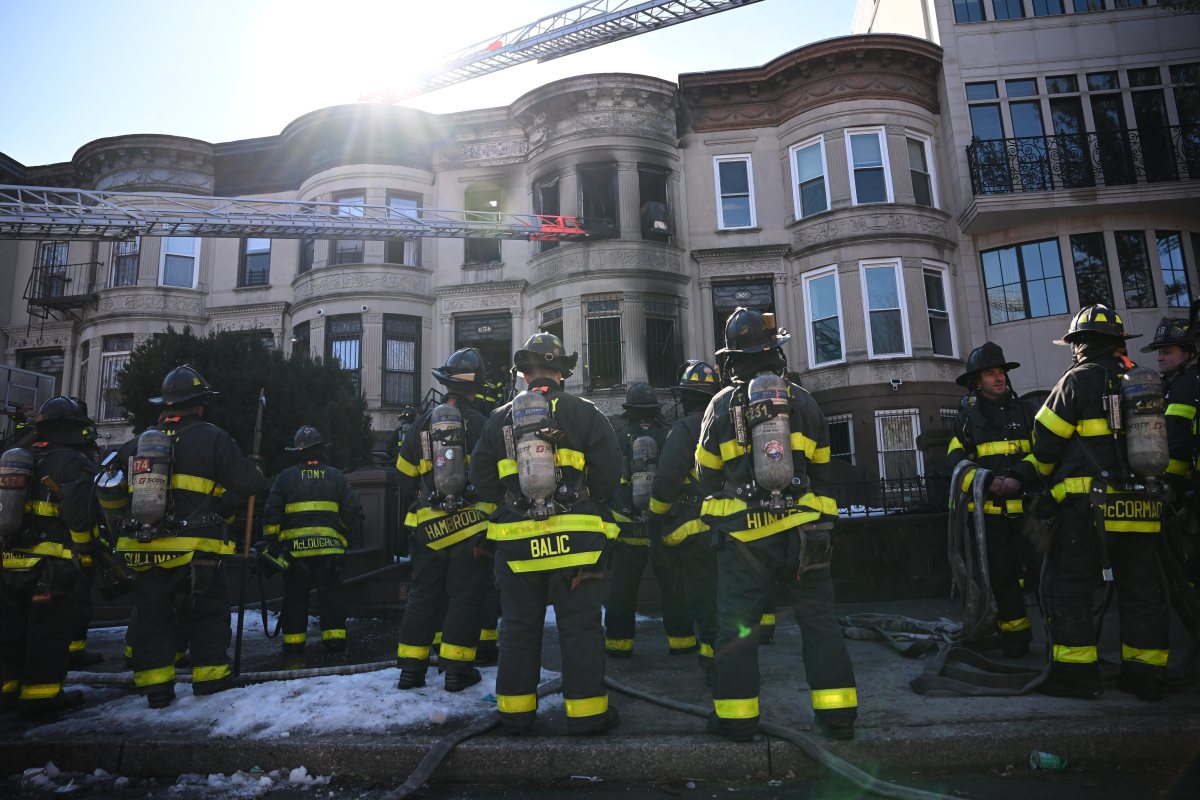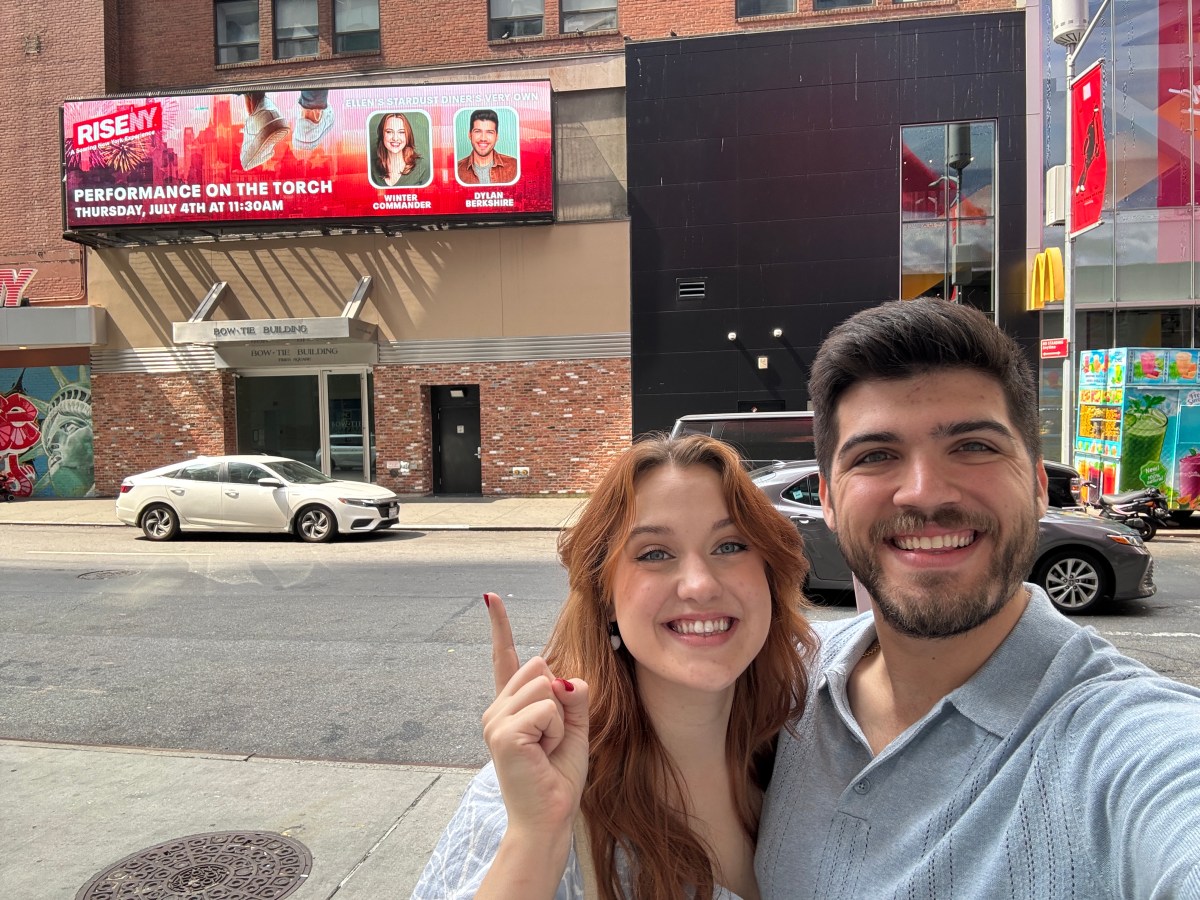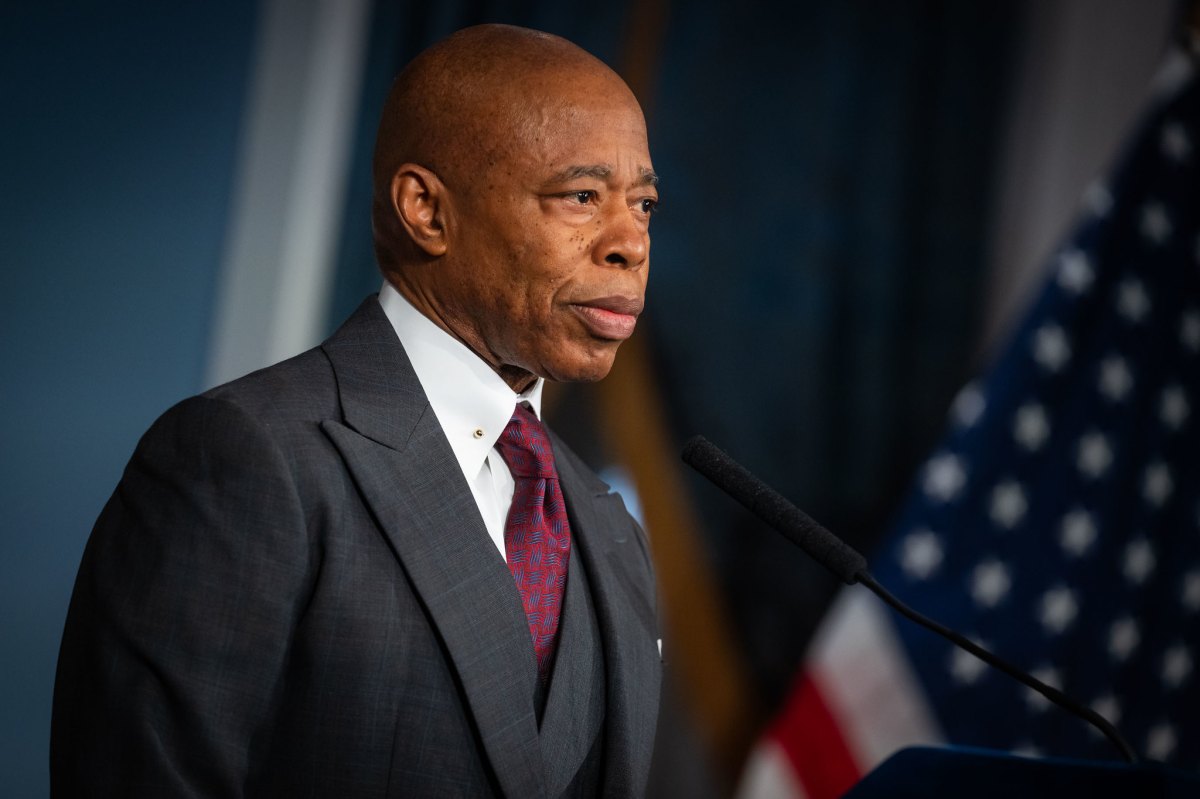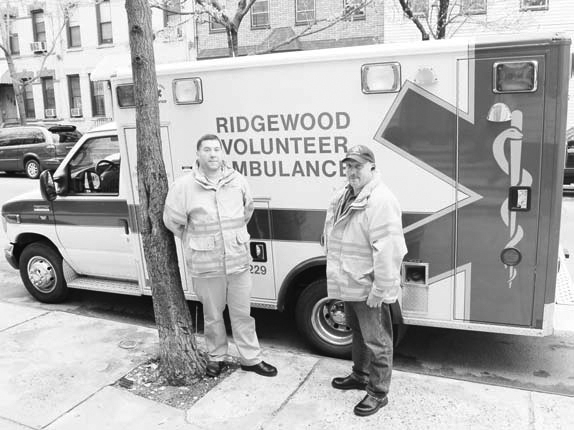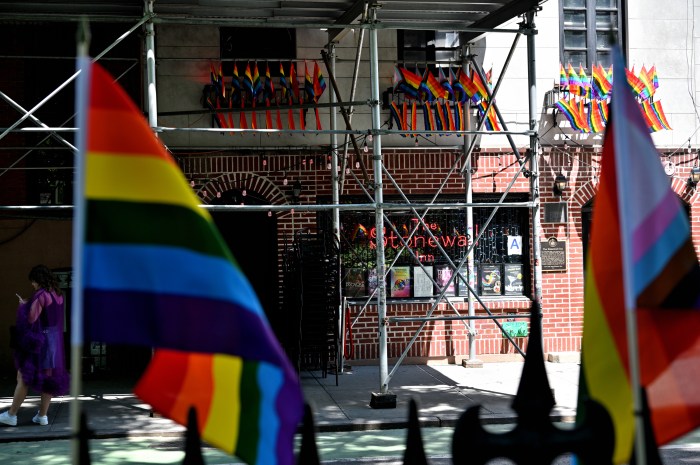A new survey found that Americans were donating more to charity during 2020.
Smile Train, the world’s largest cleft charity, recently released a report that examined how Americans prioritized donating their time and money to charitable organizations in 2020. Titled Caring Amid Crisis: How COVID-19 Influenced American Donations, the report found that 91% of Americans say that it is more important to support charities and fundraising events now versus prior to the COVID-19 pandemic.
The report also found that 41% of Americans say their donation patterns have increased, with 31% sharing that their giving amount has also increased. Among the top three factors that influence their decision to donate to a specific charity, 44% said helping children and 43% said providing meals/foods for individuals.
“To know that giving back to children not only continues to be a main charitable focus for Americans but that it has increased as a priority after a challenging year for all, is extremely faith-restoring,” said Susannah Schaefer, Smile Train President & Chief Executive Officer. “Our vision at Smile Train is to provide children born with a cleft a chance at having the healthy quality of life that they deserve. We have helped more than 1.5 million children through the gracious donations we have received over the years, and to know that people are still dedicated to helping others, specifically children, is incredible.”
Several Americans donated to a COVID-19-specific charitable cause amid the pandemic, with 56% of Americans making a monetary donation to a charity, 15% having volunteered/participated in a virtual fundraising event and 15% having volunteered in-person at a local charity/community event. Of those who made a monetary donation, 32% say they have donated over $500 since the beginning of March 2020.
The report found that while older Americans put more of their focus on monetary donations, younger Americans donated their time. Of those aged 60+, 69% donated financially, compared to 40% of those aged 18-29, 49% of those aged 30-44, and 54% of those aged 45-60. Younger Americans are more likely to organize a virtual fundraising event — the report found that 14% of those aged 18-29 organized virtual fundraisers, compared to 11% of those aged 30-44, 4% of those aged 45-60, and 2% of those aged 60+. 23% of those aged 18-29 participated or volunteered at a virtual fundraising event, compared to 16% of those aged 30-44, 12% of those aged 45-60, and 11% of those aged 60+, and 23% of those aged 18-29 participated or volunteered in-person at a local charity/community event, compared to 16% of those aged 30-44, 15% of those aged 45-60, and 9% of those aged 60+.
For more information about Smile Train, visit smiletrain.org.






